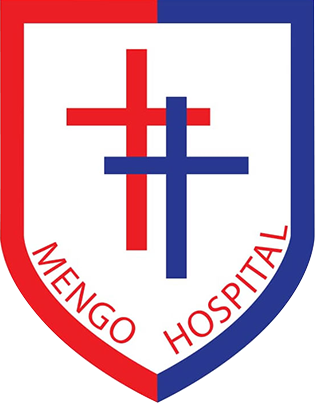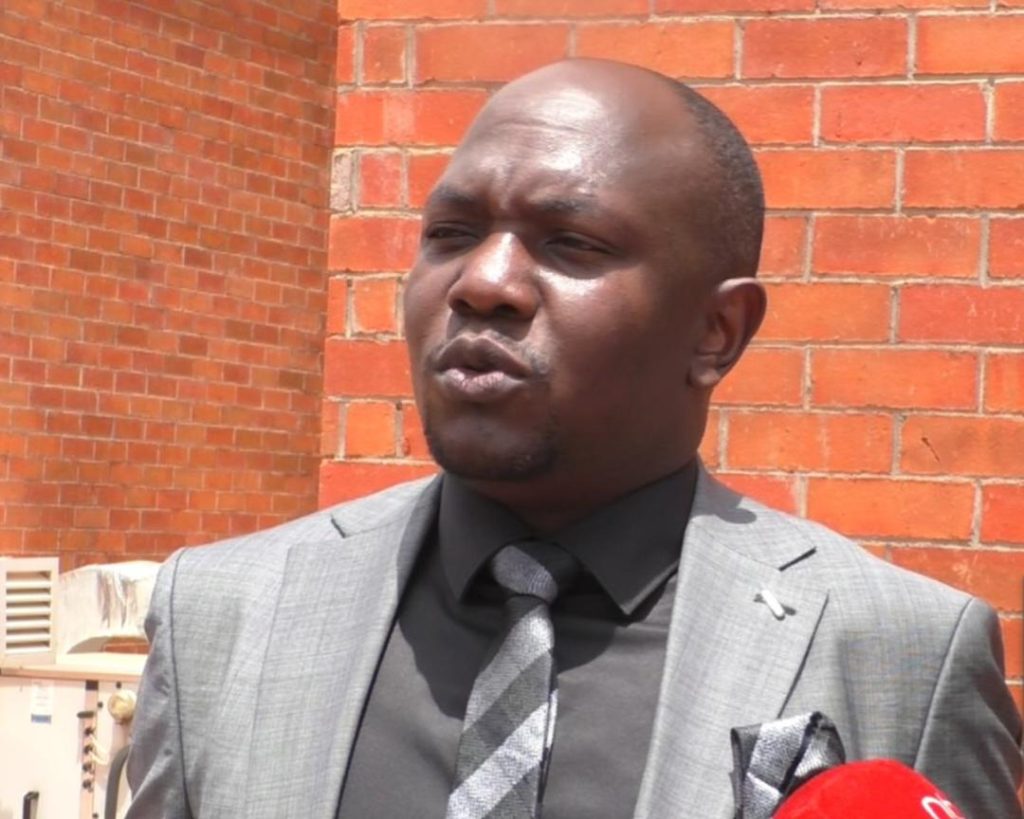The Executive Director of Mengo Hospital, Dr. Simon Peter Nsingo, has raised concern over restrictive policies that limit career progression for nurses and midwives holding certificate qualifications.
Dr. Nsingo criticized the current requirement by professional bodies that compels certificate holders to wait two years before enrolling for diploma programs, describing it as counterproductive and demoralizing.
“These two years expose them. Many abandon their careers or lose the passion to serve,” Dr. Nsingo said. “We continue to advocate that even those who qualify with certificates should be allowed to further their studies without unnecessary restrictions.”
He warned that the existing system, which constrains advancement opportunities for lower-cadre health workers, could undermine the country’s healthcare system in the long term.
“When we only train certificate holders, we congest an already congested job market. Sooner or later, the nursing and midwifery professions where the progress route is not clear will be challenged,” he added.
Dr. Nsingo made the remarks during a graduation ceremony at Mengo Hospital, where more than 750 health workers completed training in nursing, midwifery, and medical laboratory technology at both certificate and diploma levels.
He said the graduates were equipped not only with technical skills but also with moral and spiritual values to guide their service.
“We train them to love the Lord and to serve God above self. We send them out with a touch of humanity, professionalism, and enthusiasm to change our communities,” he said.
Dr. Nsingo also urged the graduates to serve with integrity and ensure they are duly licensed before joining practice.
“There are many people practicing without registration or licensure. We appeal to you to make sure that every practice you do glorifies the name of the Lord,” he cautioned.
Speaking at the same event, Prof. Robinson Ssebuufu, Director in charge of Education, Training, and Research at Mengo Hospital, announced major infrastructure and academic developments to support the institution’s expanding role in medical training.
He revealed that the hospital has completed a five-storey classroom complex that will accommodate over 1,000 students at any given time.
“This expansion will allow us to increase our student population and enhance the quality of medical education we offer,” Prof. Ssebuufu said.
He added that Mengo Hospital is broadening its academic portfolio beyond nursing and laboratory sciences.
“Mengo Hospital is a center of excellence in dental surgery and eye care. We are introducing new diploma programs in clinical ophthalmology and public health dentistry,” he announced.
Prof. Ssebuufu further revealed that the hospital will soon begin offering bachelor’s degrees in Nursing Science, Midwifery Science, and Medical Laboratory Science both for direct entry and extension students.
“We have been offering certificates and diplomas, but we are now moving into degree training to build a more competent health workforce for Uganda and the region,” he explained.
In a significant step forward, Mengo Hospital is also developing curricula for postgraduate medical training. Prof. Ssebuufu announced that the institution will soon launch the Sir Albert Cook Postgraduate Medical School, named after the hospital’s founder and pioneer missionary doctor.
“The Sir Albert Cook Postgraduate Medical School will offer Master of Medicine programs in Surgery, Obstetrics and Gynecology, Pediatrics and Child Health, Internal Medicine, Radiology, and Ophthalmology,” he said. “We also plan to introduce fellowship programs in specialised fields.”
He emphasized that these initiatives align with Mengo Hospital’s broader vision of becoming a regional center of excellence in health education, research, and service delivery.


